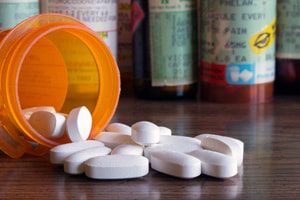
Opioid Drug Manufacturer Settles Ohio Lawsuit
CLEVELAND, Oh. — Mallinckrodt PLC, a drug maker that manufactured generic opioid prescription pills, settled an “opioid-crisis” lawsuit with two counties in Ohio for $30 million according to the Wall [...]



